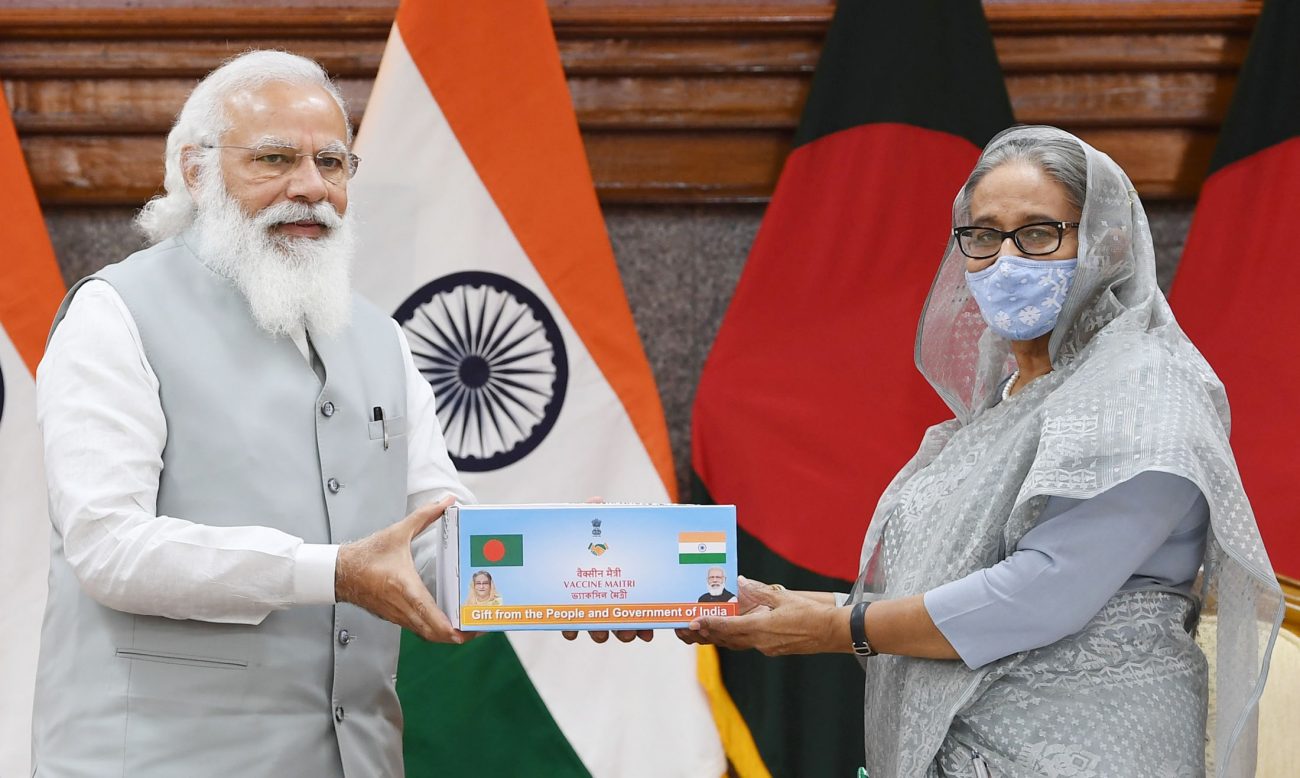Ex-Bangladesh PM Sheikh Hasina called the verdict of death sentence against her as “biased and politically motivated”.
“The verdicts announced against me have been made by a rigged tribunal established and presided over by an unelected government with no democratic mandate,” Hasina said in a statement from India. “They are biased and politically motivated.”
Critics accused her of jailing political rivals, enacting harsh anti-press laws, and overseeing widespread human rights abuses, including the killing of opposition activists. But the trial centred around the 1,400 people who were killed between July and August 2024, according to the United Nations.
Hasina was assigned a state-appointed lawyer for the trial, but she refused to recognise the court’s authority and said she rejected all charges.
“It’s a guilty verdict against me was a foregone conclusion,” Hasina added in the statement, claiming she would be willing to attend a fresh trial outside her home nation.
“I am not afraid to face my accusers in a proper tribunal where the evidence can be weighed and tested fairly,” she said.
“That is why I have repeatedly challenged the interim government to bring these charges before the International Criminal Court (ICC) in The Hague.”
Earlier, a Bangladesh court had sentenced Sheikh Hasina to death for crimes against humanity, with cheers breaking out in the packed court as the judge read out the verdict.
Hasina, 78, defied court orders that she return from India to attend her trial about whether she ordered a deadly crackdown against a student-led uprising that ousted her.
The highly anticipated ruling, which was broadcast live on national television, comes ahead of the first polls since her overthrow in August 2024. “All the… elements constituting crimes against humanity have been fulfilled,” judge Golam Mortuza Mozumder read to the packed court in Dhaka.
Hasina was “found guilty on three counts”, including incitement, order to kill, and inaction to prevent the atrocities, Mozumder said.
“We have decided to inflict her with only one sentence — that is, sentence of death.”
Former interior minister Asaduzzaman Khan Kamal, also a fugitive, was sentenced to death after being found guilty on four counts of crimes against humanity.
Former police chief Chowdhury Abdullah Al-Mamun, who had pleaded guilty in court, was sentenced to five years’ imprisonment.
Bangladesh has been in political turmoil since the end of Hasina’s autocratic rule, and violence has marred campaigning for elections expected in February 2026.
The United Nations says up to 1,400 people were killed in crackdowns as Hasina tried to cling to power, deaths that were central to her trial.
Chief prosecutor Tajul Islam, speaking ahead of the verdict, said he had hoped that the people’s “thirst for justice will be fulfilled, and that this verdict will mark an end to crimes against humanity”.
Prosecutors filed five charges, including failure to prevent murder, amounting to crimes against humanity under Bangladeshi law.
The trial heard months of testimony in absentia, detailing how Hasina had ordered mass killings. She has called the trial a “jurisprudential joke”.

Hasina was assigned a state-appointed lawyer for the trial, but she refused to recognise the court’s authority and said she rejected all charges.
Hasina said in a written interview with AFP in October that a guilty verdict was “preordained”, and that she would “not be surprised when it comes”.
Security forces surrounded the court when the verdict date was set on Thursday, with armoured vehicles manning checkpoints.
Dhaka Municipal Police spokesman Talebur Rahman said the force would be on high alert for Monday’s verdict, with checkpoints at key intersections across the capital. Almost half the city’s 34,000 police would be on duty, he said.
Crude bombs have been set off across Dhaka this month, mainly petrol bombs hurled at everything from buildings linked to interim leader Muhammad Yunus’s government to buses and Christian sites.
Bangladesh’s foreign ministry summoned India’s envoy to Dhaka this month, demanding that New Delhi block the “notorious fugitive” Hasina from talking to journalists and “granting her a platform to spew hatred”.
Hasina remains defiant.
She said in October she “mourned all the lives lost during the terrible days” when students were gunned down in the streets. Her comments enraged many who said she had made a ruthless bid to maintain power at all costs.
Hasina also warned that the ban on her former ruling party the Awami League by the interim government was deepening the political crisis in the country of 170 million people before the elections.
Via: AFP News Agency




